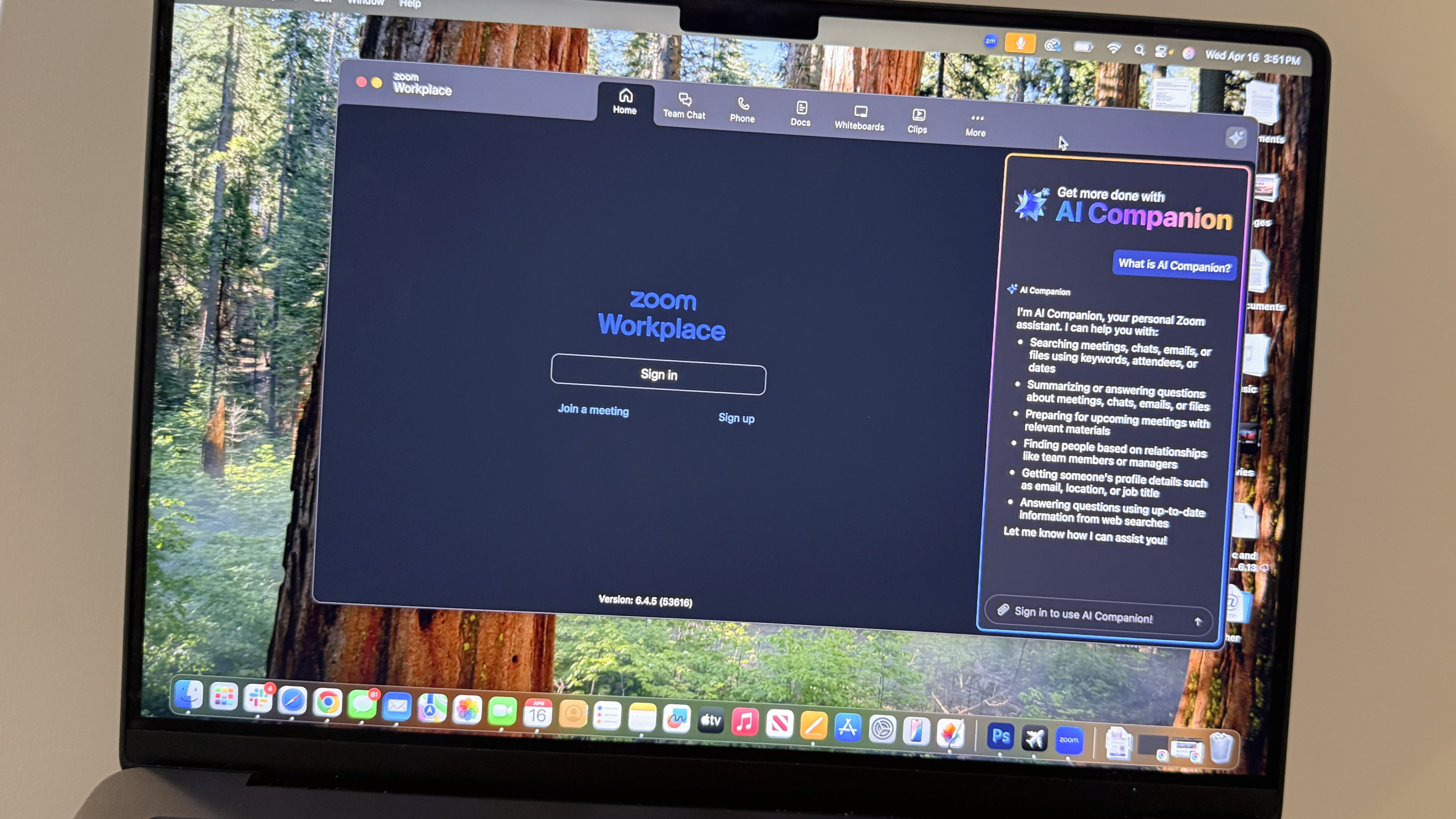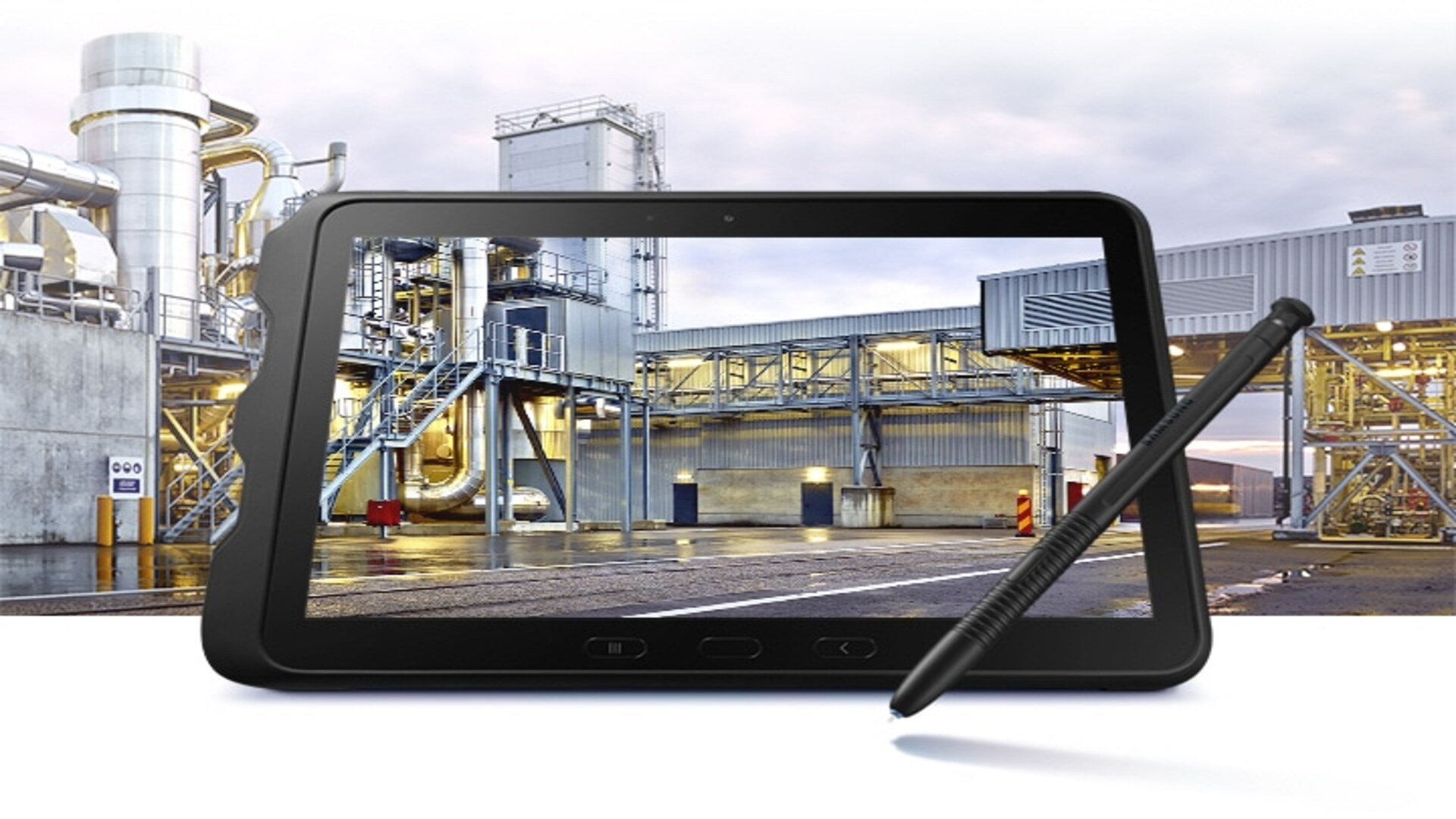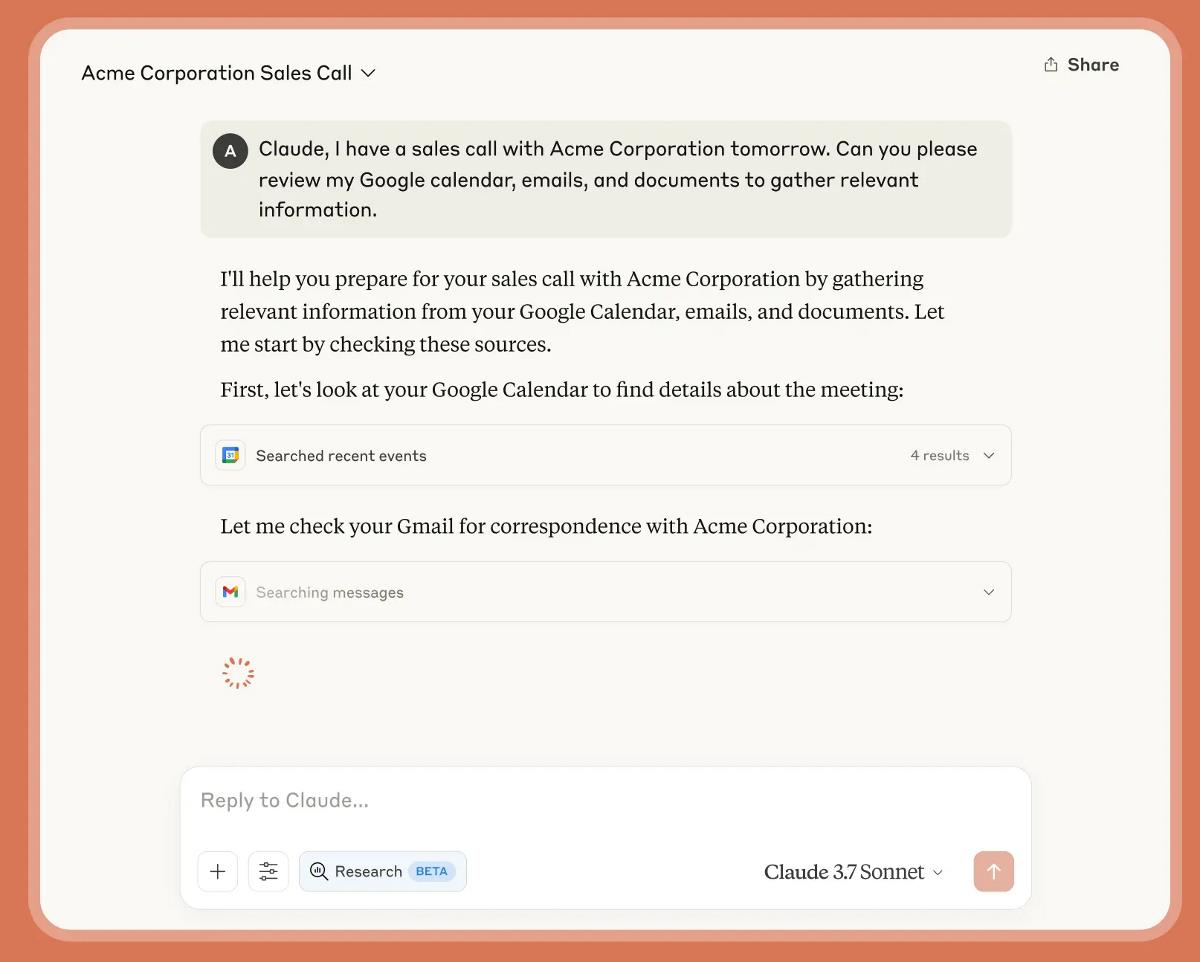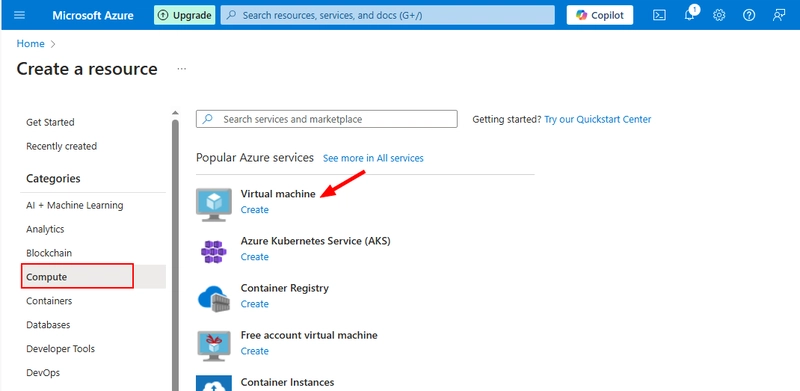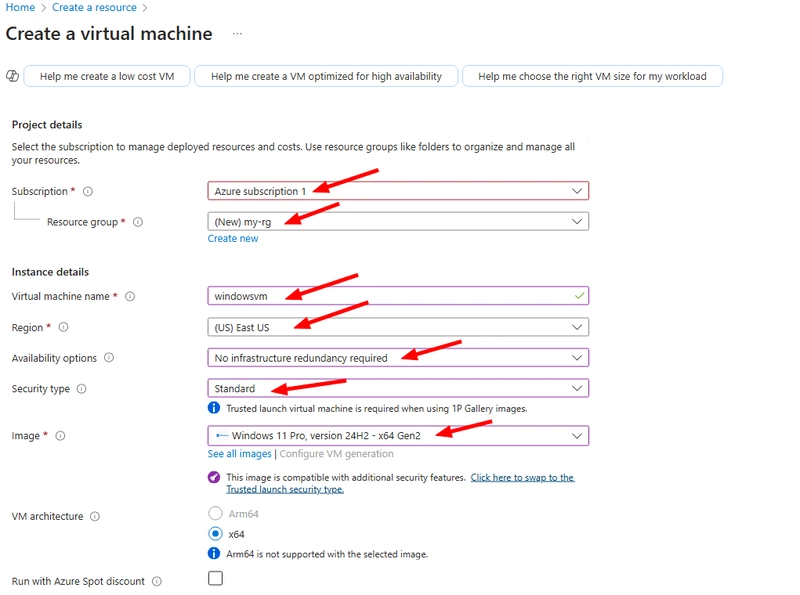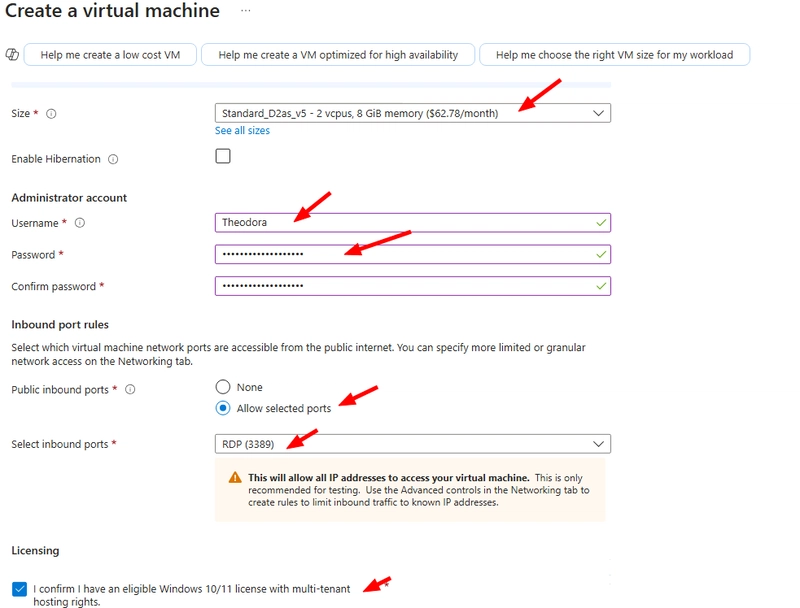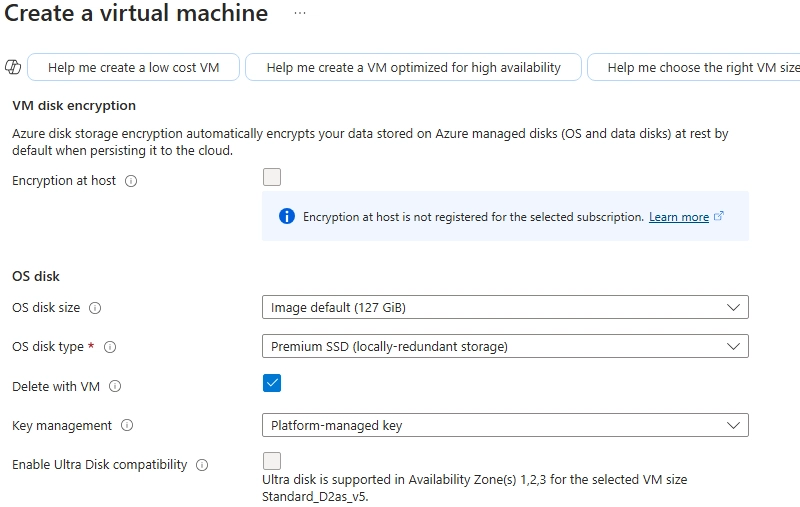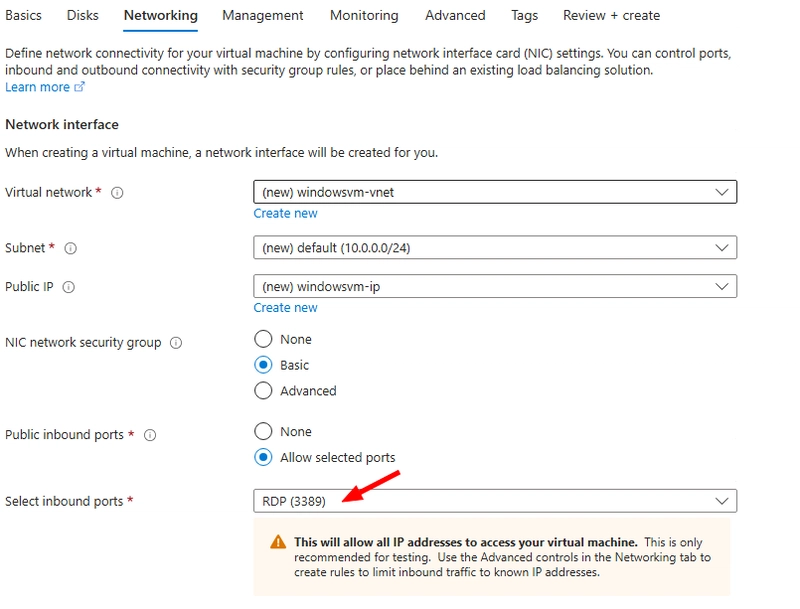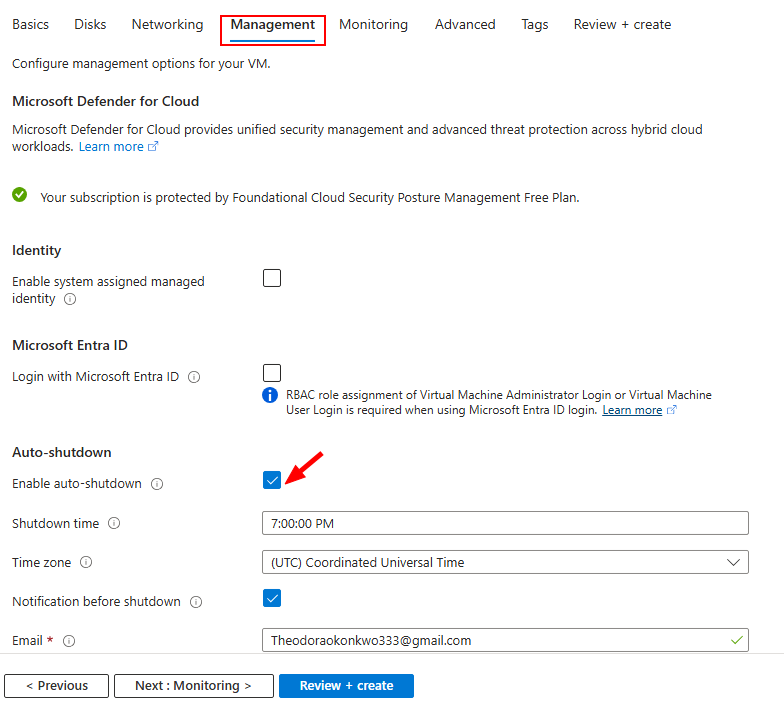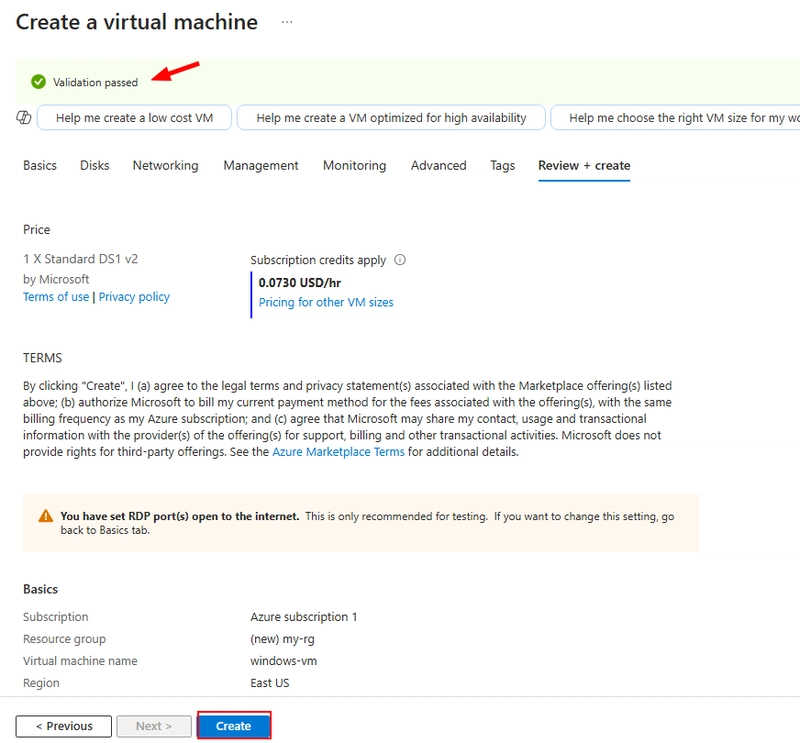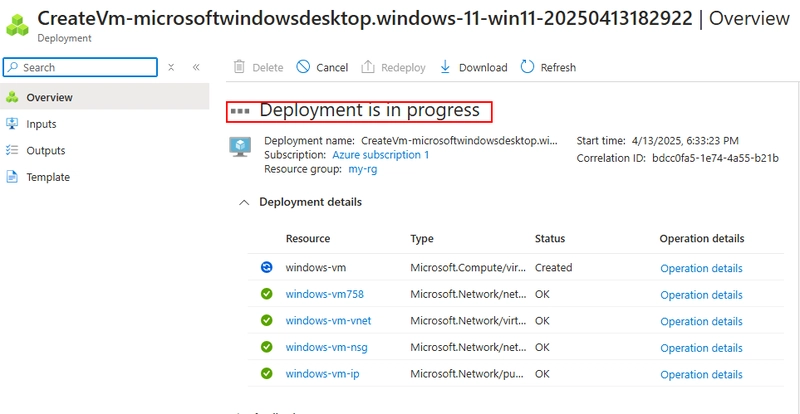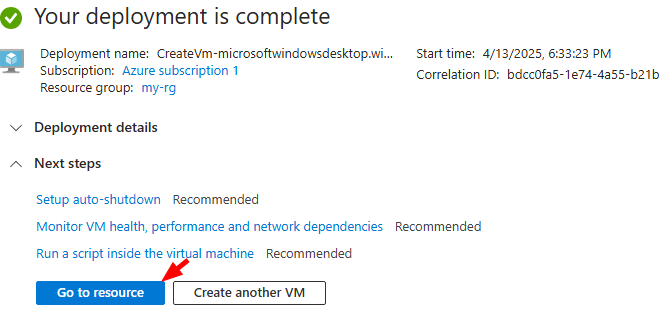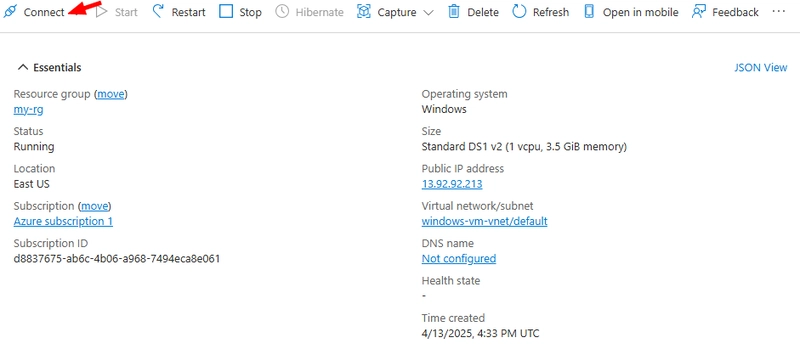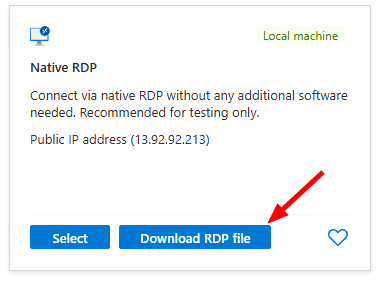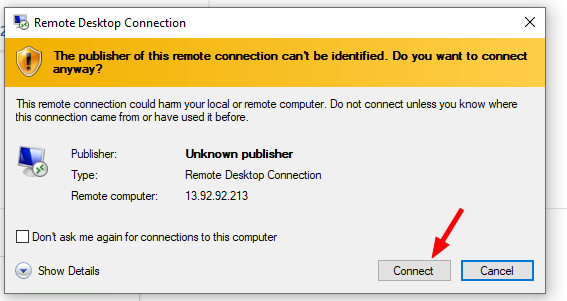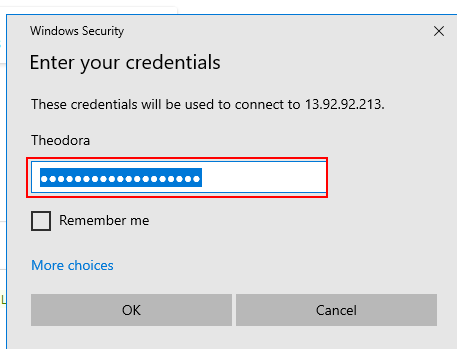Step-by-Step Guide: Deploying a Windows 11 Virtual Machine on Azure
Step-by-Step Guide: Deploying a Windows 11 Virtual Machine on Azure Microsoft Azure makes it easy to deploy virtual machines in just a few clicks. If you're curious about how to launch a Windows 11 VM on Azure for development, learning, or experimentation—this guide is for you! Table of Contents Log In to Azure Create a New Virtual Machine Basic Configuration Configure Disks Set Up Networking Management Options Review + Create Connect to Your VM Wrap-Up Tips Log In to Azure Go to https://portal.azure.com and sign in to your Microsoft account. Create a New Virtual Machine From the sidebar, select Create a resource → Virtual Machine under Compute. Basic Configuration Fill out the Basics tab as follows: Subscription: Active subscription Resource Group: Create new or use existing Virtual machine name: windowsvm Region: Closest to your location Image: Select Windows 11 Pro Size: Try Standard B2s or similar Authentication: Username & password Inbound port rules: Allow selected ports and choose RDP (3389) for Windows access Configure Disks Choose Standard SSD or Premium SSD Leave OS disk settings as default unless you have special requirements Set Up Networking Set the following networking options: Virtual Network: Use default Subnet: Use the default subnet Public IP: Use default NIC Network Security Group (NSG): Choose Basic which is the default option. Inbound Ports: Ensure RDP (3389) is selected to allow remote desktop access Use the default settings unless you have specific networking requirements. The key is to make sure RDP is enabled so you can connect to your VM. Management Options Enable Auto-shutdown (to avoid unnecessary charges) Enable diagnostics if you'd like telemetry Review + Create Click Review + Create, wait for validation, then click Create to begin deployment. Connect to Your VM Navigate to your VM in Azure Click Connect > RDP Download and open the .rdp file Log in using the credentials you set Wrap-Up Tips Stop VMs when not in use to avoid charges Use Azure Bastion for secure, browser-based access Take Snapshots for quick VM backups Check Cost Management in Azure to monitor usage You're All Set! You now have a fully functional Windows 11 VM running in the cloud!
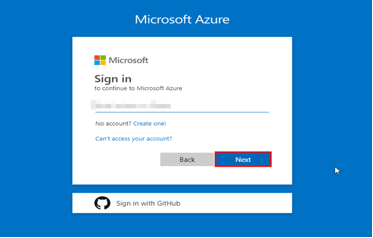
Step-by-Step Guide: Deploying a Windows 11 Virtual Machine on Azure
Microsoft Azure makes it easy to deploy virtual machines in just a few clicks. If you're curious about how to launch a Windows 11 VM on Azure for development, learning, or experimentation—this guide is for you!
Table of Contents
- Log In to Azure
- Create a New Virtual Machine
- Basic Configuration
- Configure Disks
- Set Up Networking
- Management Options
- Review + Create
- Connect to Your VM
- Wrap-Up Tips
Log In to Azure
Go to https://portal.azure.com and sign in to your Microsoft account.
Create a New Virtual Machine
From the sidebar, select Create a resource → Virtual Machine under Compute.
Basic Configuration
Fill out the Basics tab as follows:
- Subscription: Active subscription
- Resource Group: Create new or use existing
-
Virtual machine name:
windowsvm - Region: Closest to your location
-
Image: Select
Windows 11 Pro -
Size: Try
Standard B2sor similar - Authentication: Username & password
- Inbound port rules: Allow selected ports and choose RDP (3389) for Windows access
Configure Disks
- Choose Standard SSD or Premium SSD
- Leave OS disk settings as default unless you have special requirements
Set Up Networking
Set the following networking options:
- Virtual Network: Use default
- Subnet: Use the default subnet
- Public IP: Use default
- NIC Network Security Group (NSG): Choose Basic which is the default option.
- Inbound Ports: Ensure RDP (3389) is selected to allow remote desktop access
Use the default settings unless you have specific networking requirements. The key is to make sure RDP is enabled so you can connect to your VM.
Management Options
Enable Auto-shutdown (to avoid unnecessary charges)
Enable diagnostics if you'd like telemetry
Review + Create
Click Review + Create, wait for validation, then click Create to begin deployment.
Connect to Your VM
- Navigate to your VM in Azure
- Click Connect > RDP
- Download and open the
.rdpfile - Log in using the credentials you set
Wrap-Up Tips
- Stop VMs when not in use to avoid charges
- Use Azure Bastion for secure, browser-based access
- Take Snapshots for quick VM backups
- Check Cost Management in Azure to monitor usage
You're All Set!
You now have a fully functional Windows 11 VM running in the cloud!








































































































































































![[The AI Show Episode 144]: ChatGPT’s New Memory, Shopify CEO’s Leaked “AI First” Memo, Google Cloud Next Releases, o3 and o4-mini Coming Soon & Llama 4’s Rocky Launch](https://www.marketingaiinstitute.com/hubfs/ep%20144%20cover.png)
















































































































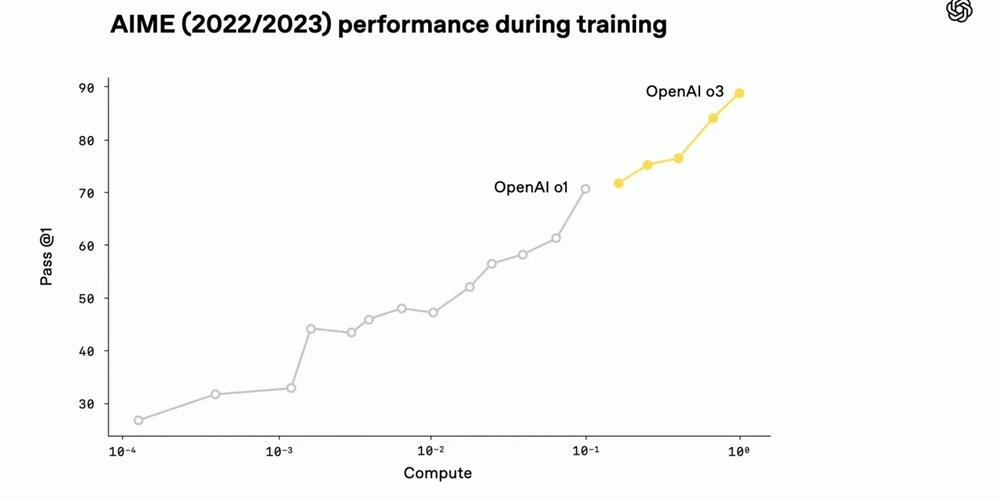
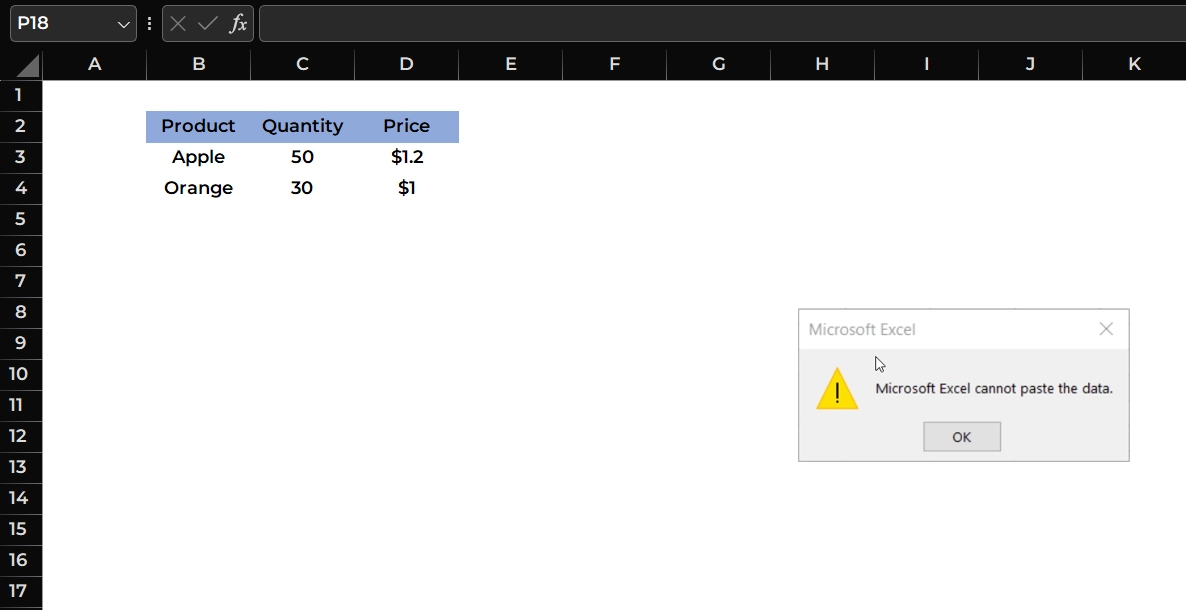


















































































![GrandChase tier list of the best characters available [April 2025]](https://media.pocketgamer.com/artwork/na-33057-1637756796/grandchase-ios-android-3rd-anniversary.jpg?#)










































.png?width=1920&height=1920&fit=bounds&quality=70&format=jpg&auto=webp#)





















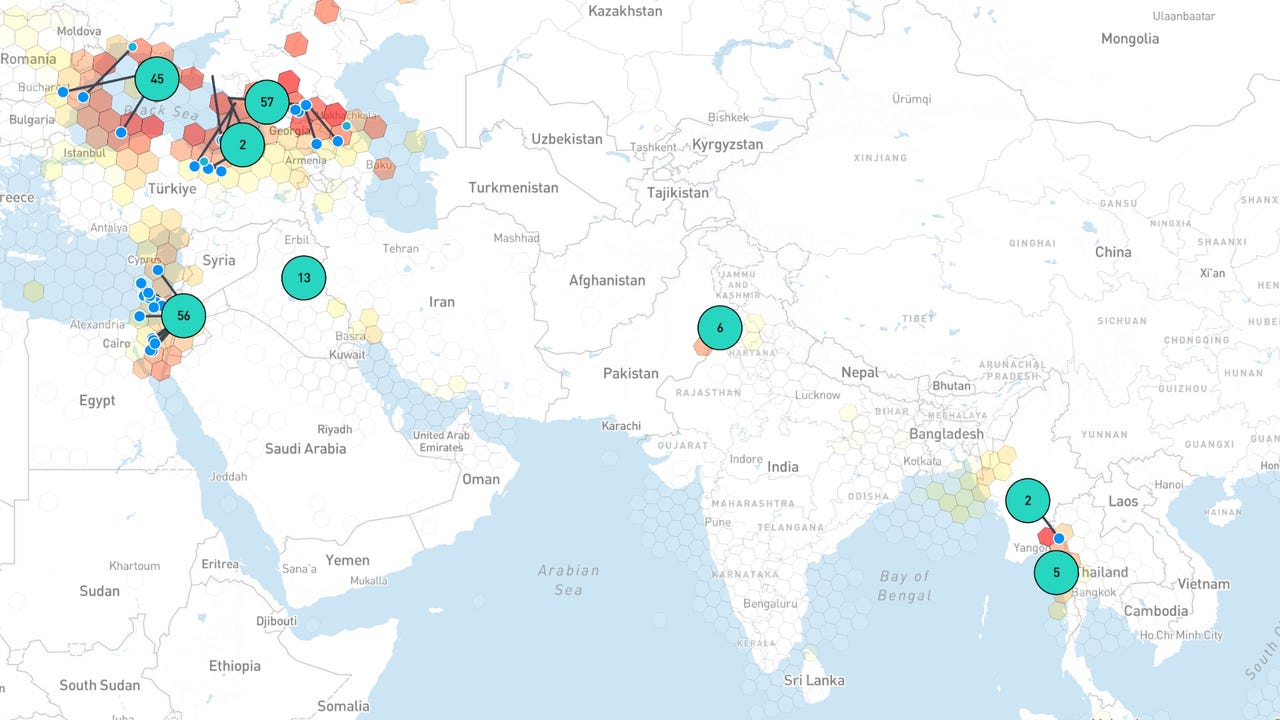







































































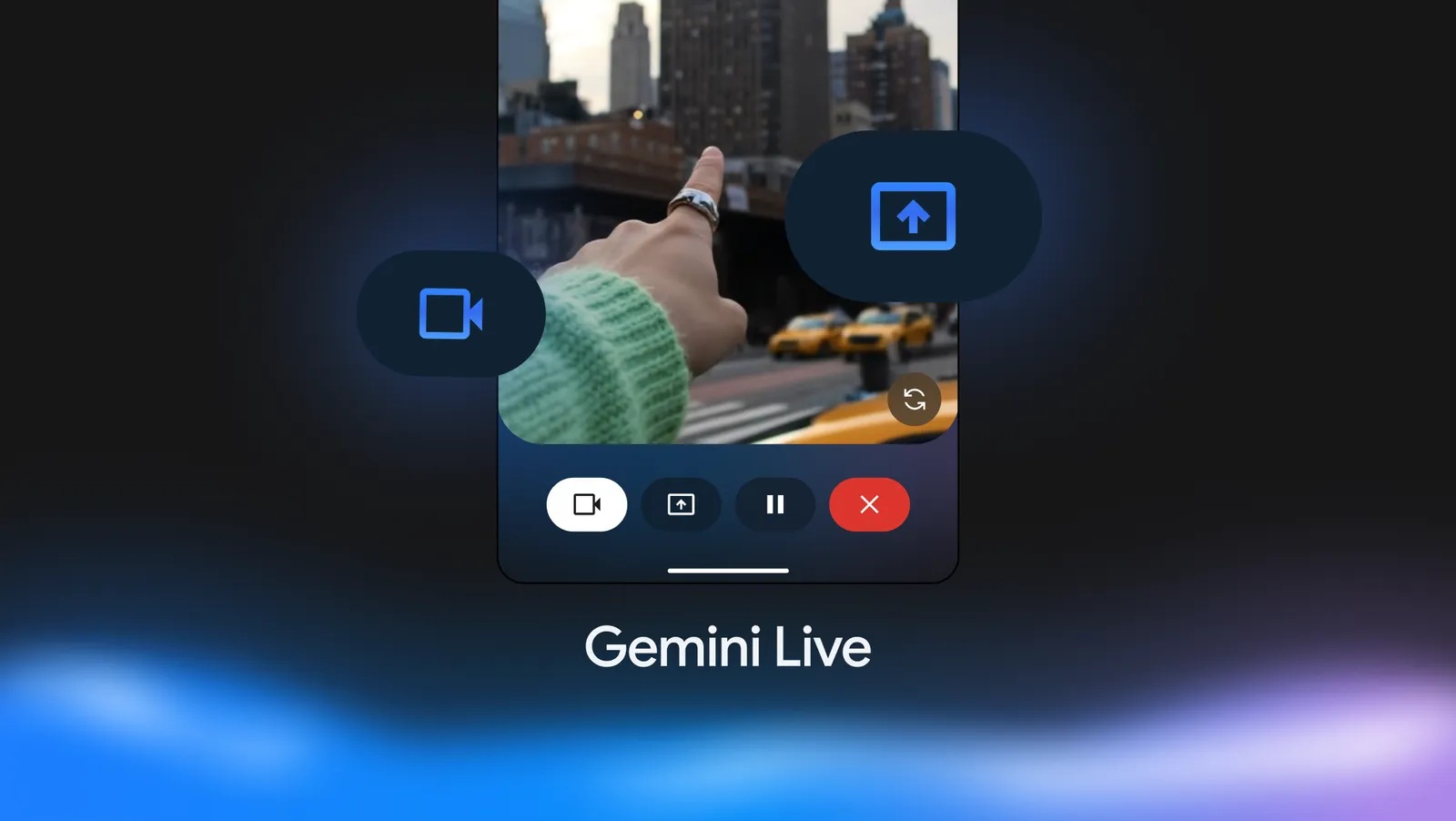









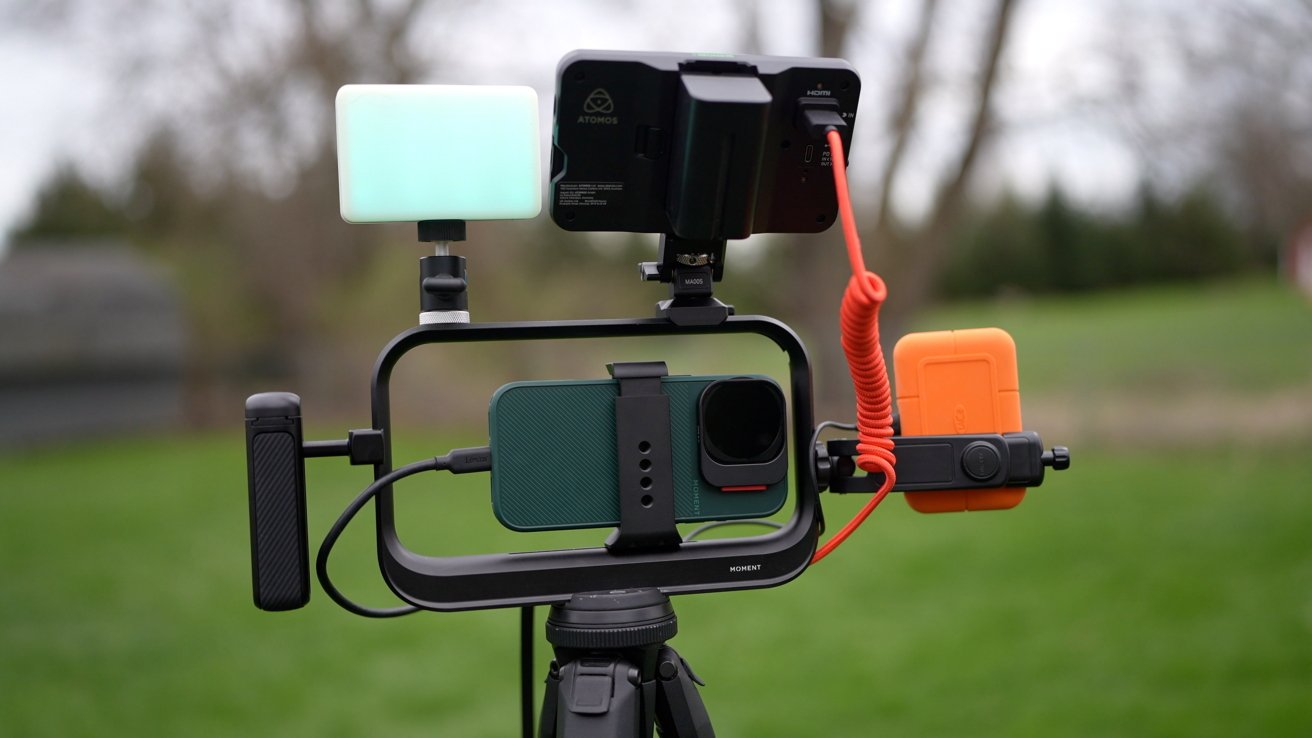
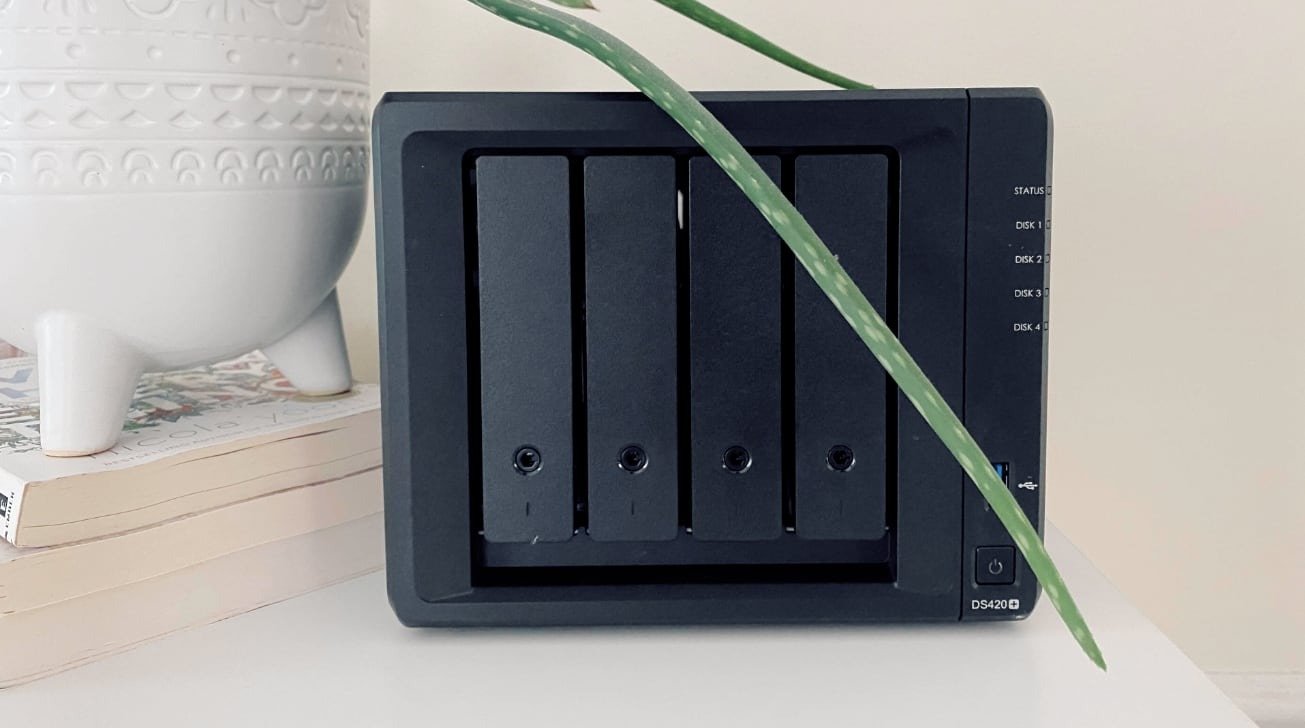


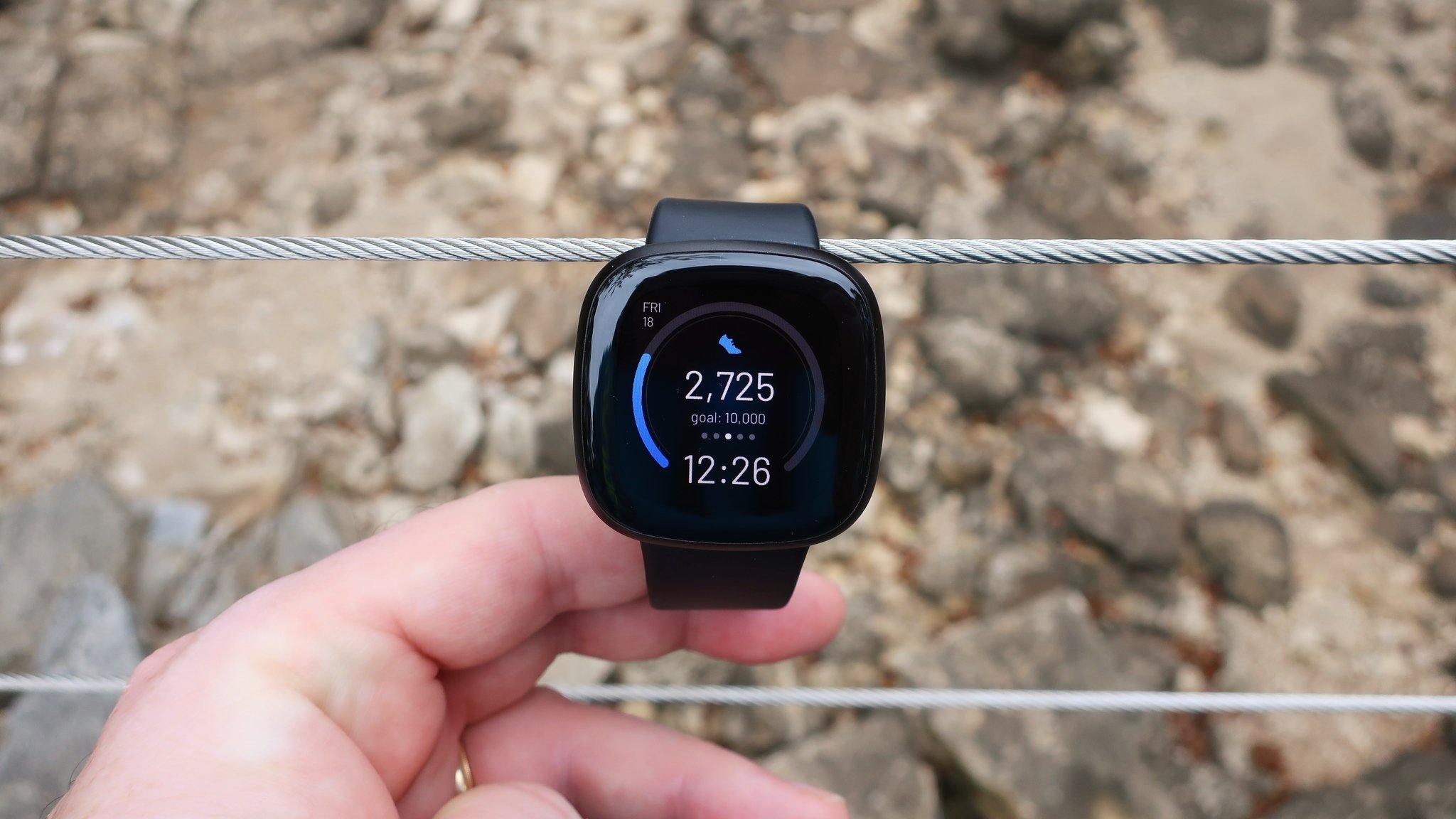


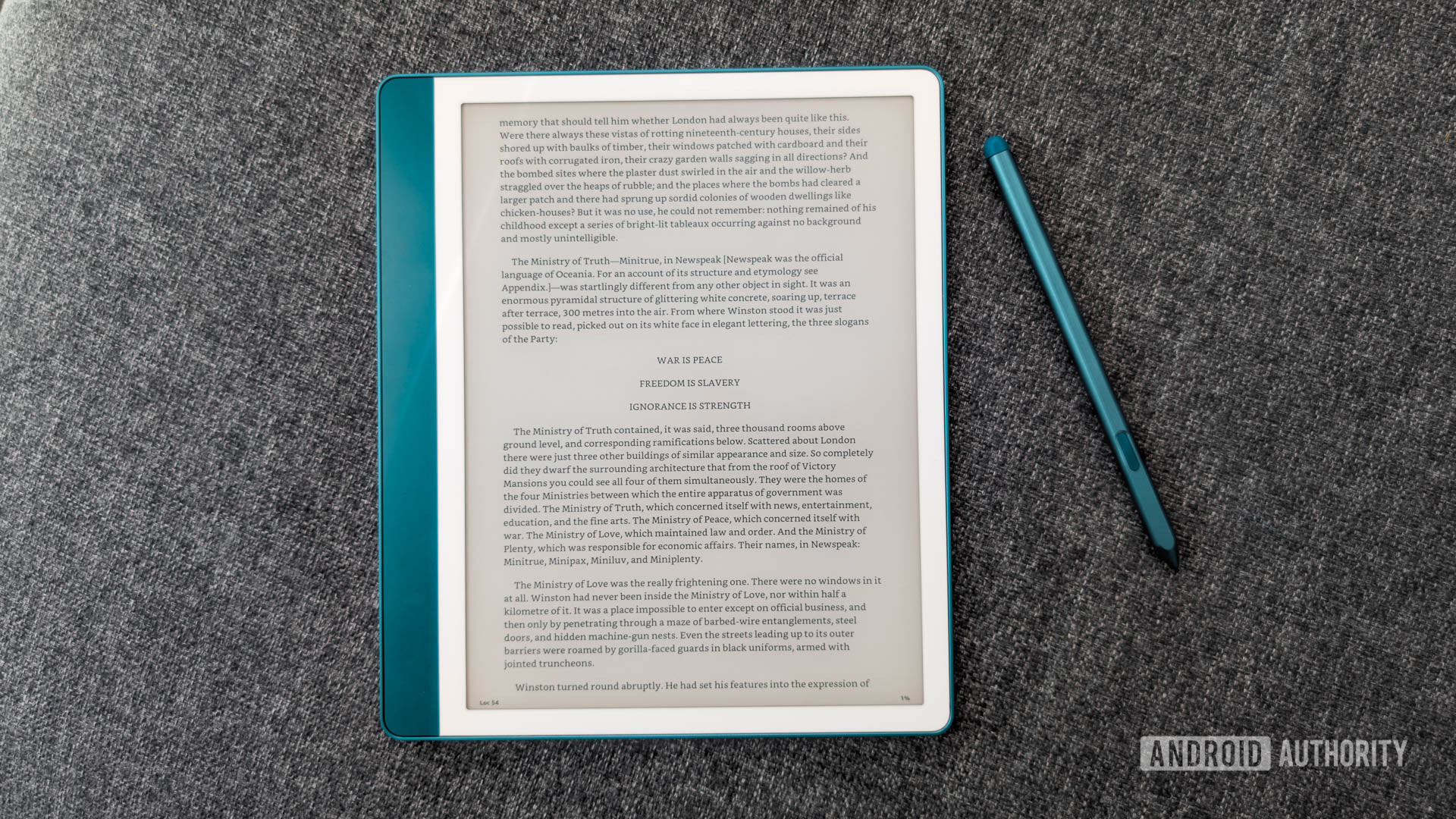


















![Apple M4 13-inch iPad Pro On Sale for $200 Off [Deal]](https://www.iclarified.com/images/news/97056/97056/97056-640.jpg)
![Apple Shares New 'Mac Does That' Ads for MacBook Pro [Video]](https://www.iclarified.com/images/news/97055/97055/97055-640.jpg)

















